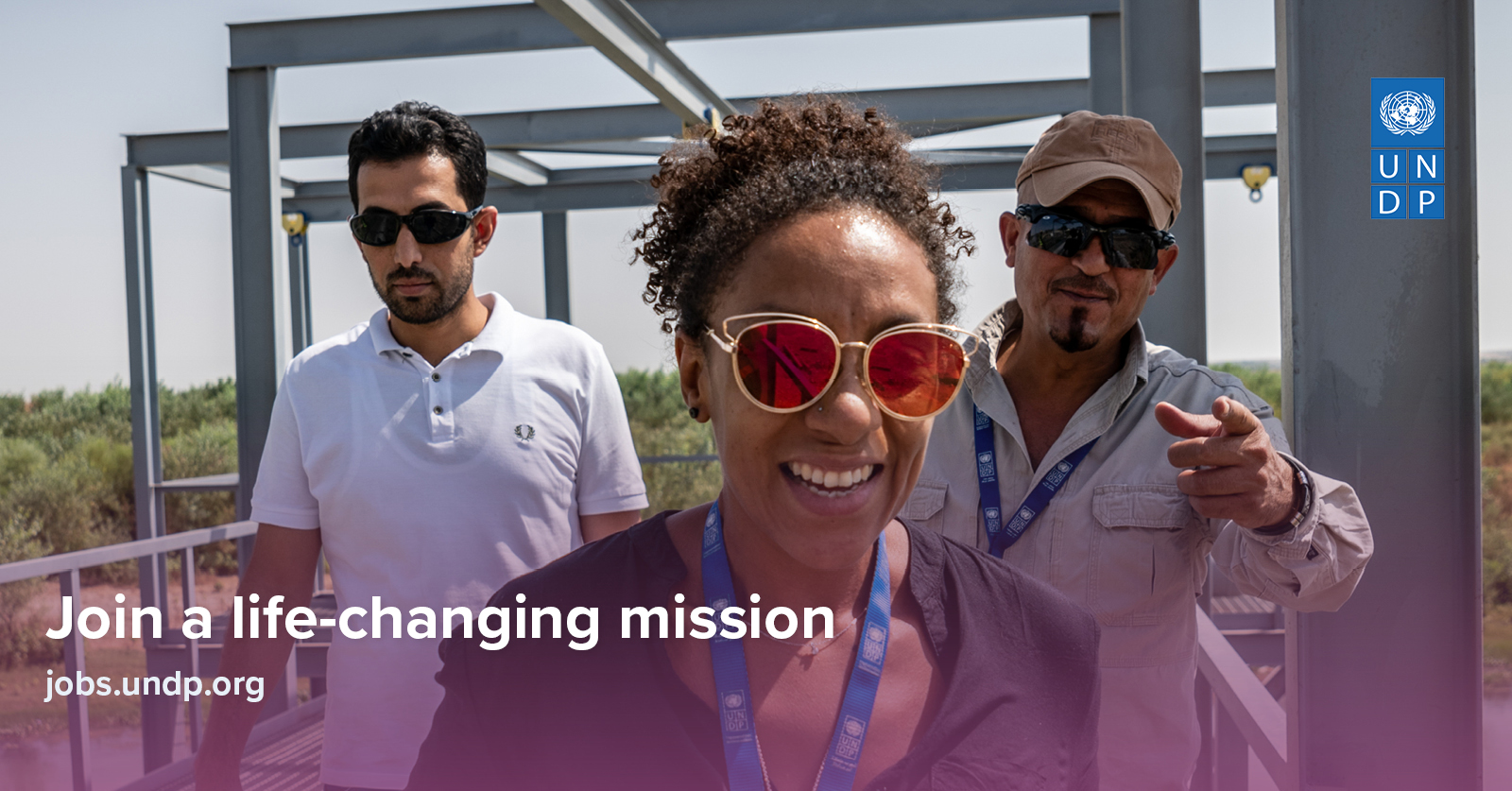
The United Nations Development Programme (UNDP) is the knowledge frontier organization for collective action to realize the Sustainable Development Goals (SDGs). UNDP’s policy and programme work carried out at HQ, Regional and Country Office (CO) levels forms a contiguous spectrum of deep, local knowledge to cutting-edge global perspectives and advocacy. Within this context, UNDP invests in a network of field-based and global technical expertise across a wide range of knowledge domains and in support of the signature solutions and organizational capabilities envisioned in the Strategic Plan.
The Tax for Sustainable Development Goals Initiative, or Tax for SDGs, supports developing countries in augmenting domestic resource mobilization (DRM) and achieving the Sustainable Development Goals (SDGs). The Initiative sees taxation as both a tool for revenue collection and a policy instrument to encourage sustainable growth strategies and influence behaviour of economic actors towards desired outcomes related to climate, nature, wellbeing, and governance.
Leveraging UNDP’s role as an enabler, integrator, and catalyst at the country level, Tax for SDGs works to expand people’s choices for a fairer, sustainable future with planet and people in balance, and achieve the World as envisioned by the 2030 Agenda. Tax for SDGs is implemented by UNDP, funded by the Government of Finland and the Government of Norway. It works with Ministries of Finance, National Tax Administrations, and other stakeholders worldwide.
Taxation stands at the core of public development financing and is integral to achieving the SDGs. Recognizing the integrated nature of these goals, Tax for SDGs focuses on practical actions for capacity building, institutional and societal change in tax systems to support the financing and achievement of the SDGs.
Health, as the 3rd Sustainable Development Goal, is a key component of human capital, an enabler to continued economic growth and an essential part of SDG finance. It is a key driver of development and well-being. Non-communicable diseases, or NCDs, are the fastest growing cause of mortality worldwide. Health taxes were specified in the Addis Ababa Action Agenda on Financing for Development for their potential to reduce the health burden and associated costs of NCDs while generating significant revenues for countries to finance their development priorities. Increasing or introducing excise taxes on tobacco products and sugar sweetened beverages are one of the most cost-effective and proven health and development interventions. However, perceived incentive conflicts amongst government sectors, particularly between the health and economic sectors, remain a barrier to their implementation. The ability of governments – especially ministries of health – to make a compelling, evidence-informed advocacy case for action on NCDs is crucial for reversing the trend of more and younger people falling ill, living with chronic and debilitating conditions, being unable to participate in labour markets, and dying of conditions stemming from these diseases and their associated risk factors.
In Armenia, where NCDs are the principal burden of disease, excise duties rates on tobacco products are set to be open to revision under new draft legislation expected in mid-2023, and this represents a significant opportunity to promote the increase of these. Furthermore, there is an opening to analyse the introduction of a Sugar-Sweetened Beverage Tax in 2023-2024. To support its work on the intersection of tax and sustainable development in Armenia, UNDP Armenia is willing to hire a National Health Tax expert. The role will have principally an analytical focus, driving the estimation of fiscal impacts of increasing excise taxes of tobacco and introducing excise taxes on SSBs, but also a quantitative, political side, carrying out qualitative work as part of an Instituational Context Analysis on health taxes (ICA), supporting the Ministry of Finance in engaging with different stakeholders, and providing guidance on the expected opposition to these fiscal policy reforms in the country and ways to overcome it.





